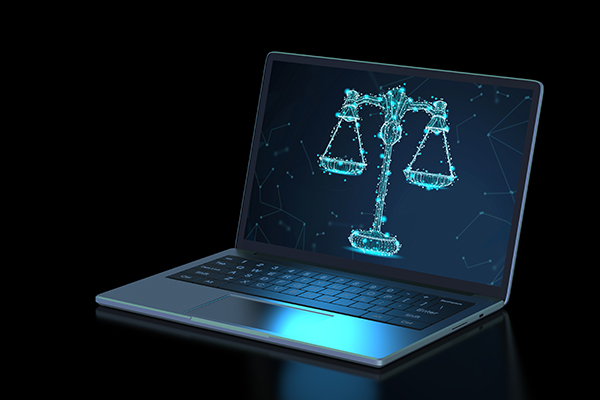In today’s digital age, social media platforms have become an integral part of our daily lives. These platforms provide users with a medium to connect and communicate with each other, share information and opinions, and even conduct business. However, with the proliferation of social media platforms, there has been an increase in cybercrime and cyberbullying. This has led to the need for cyber law to regulate social media platforms and ensure that users are protected.
What is Cyber Law?

Cyber law, also known as Internet law, is the branch of law that deals with the legal issues related to the use of the internet and other digital technologies. Cyber law covers a wide range of issues, including data protection, privacy, intellectual property, cybercrime, and e-commerce. The purpose of cyber law is to ensure that individuals and organizations are held accountable for their actions in the digital world.
The Role of Cyber Law in Regulating Social Media Platforms
With the rise of social media platforms, cyber law has played a vital role in regulating these platforms. Social media platforms have become a breeding ground for cybercrime, cyberbullying, and hate speech. Cyber law has helped to address these issues by providing legal frameworks that govern the use of social media platforms.
One of the key roles of cyber law in regulating social media platforms is to protect the privacy of users. Social media platforms collect a vast amount of personal data from users, including their location, interests, and browsing history. Cyber law has established legal frameworks that require social media platforms to protect the privacy of users and ensure that their personal data is not misused.
Cyber law has also helped to address cyberbullying and hate speech on social media platforms. Cyberbullying is a growing concern, especially among young people. Cyber law has established legal frameworks that make cyberbullying a criminal offense. Social media platforms are also required to have policies in place to address cyberbullying and hate speech.
Furthermore, cyber law has helped to prevent the spread of fake news and misinformation on social media platforms. Social media platforms have the potential to reach a vast audience, and fake news and misinformation can have severe consequences. Cyber law has established legal frameworks that require social media platforms to take measures to prevent the spread of fake news and misinformation.
The Future of Cyber Law in Regulating Social Media Platforms

The role of cyber law in regulating social media platforms will continue to evolve as technology advances. Social media platforms are constantly changing, and new legal frameworks will need to be established to address emerging issues. One of the key challenges that cyber law will face in the future is regulating the use of artificial intelligence on social media platforms.
Cyber law plays a vital role in regulating social media platforms and ensuring that users are protected. Cyber law has helped to address issues such as cybercrime, cyberbullying, hate speech, and fake news. As technology continues to advance, cyber law will need to evolve to keep pace with the changing landscape of social media platforms.

